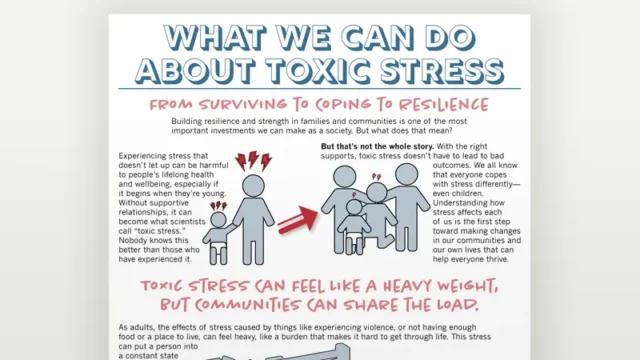Infographic

-
-
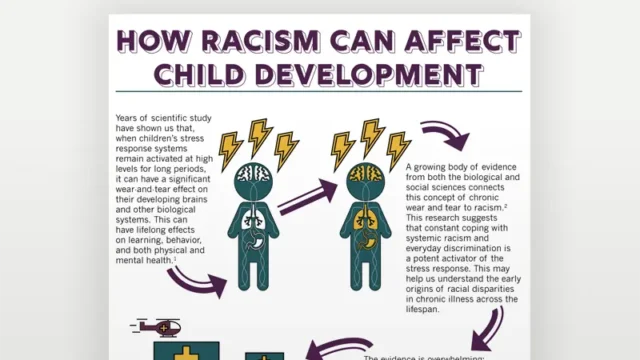
-
¿Qué Es la Inflamación? ¿Y Por Qué Es Importante Para el Desarrollo Infantil?
Topics: Lifelong Health and Wellbeing
Language: Spanish
-
Qu’est-ce Que Les ENE? Et en Quoi Sont-Ils Liés Au Stress Toxique?
Topics: Toxic Stress
Language: French
-
What Is Inflammation? And Why Does it Matter for Child Development?
Topics: Lifelong Health and Wellbeing, Toxic Stress
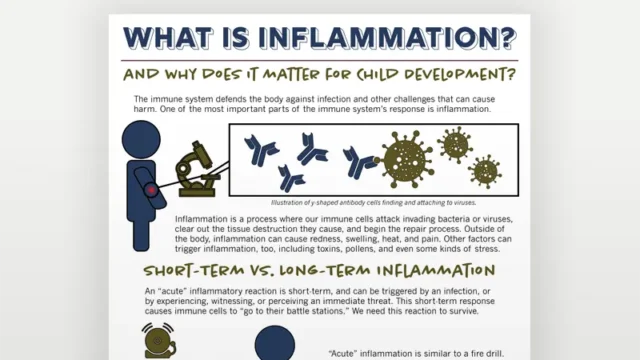
-
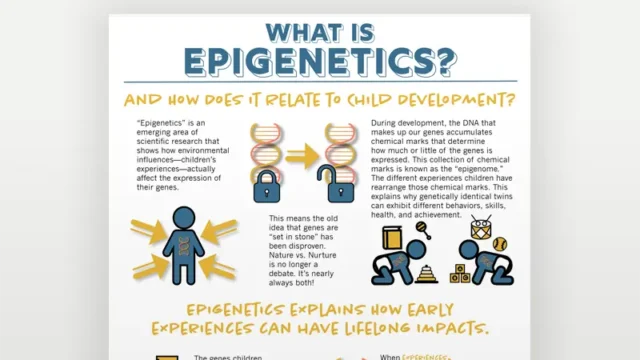
-
O que é a COVID-19? E qual a relação dela com o desenvolvimento infantil?
Language: Portuguese
-
-
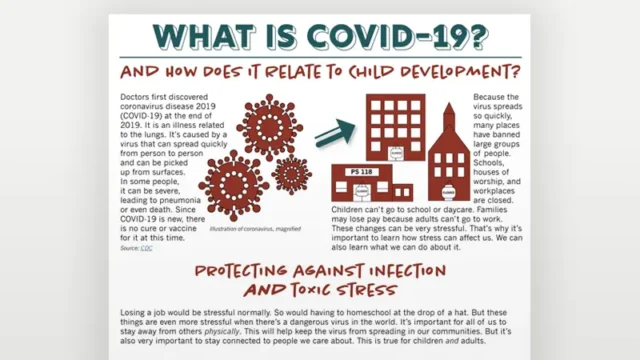
-
